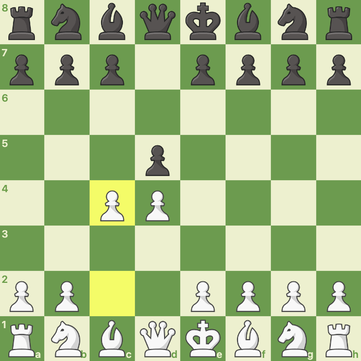 Repetition is essential. Great golfers practice their swing until they are able to perform at a desired level, and then they keep practicing. Great students study until they know the material, and they double the time they spend studying. Great athletes don’t just walk away for a week after a workout. They get their reps in, again and again. Of course, the quality and accuracy of those reps matters. Repeating the wrong things leads to minimal to no improvements. Students who repeat rote learning don’t do as well as students who use strategies to actively understand and think through material. I have played many games of chess, but I haven’t really improved over many years of play. Why is that? Am I just not inherently good at the game? “Poppycock”, I say. I’ve merely been repeating the same mistakes. In How We Think, John Dewey proclaims that: “We do not learn from experience... we learn from reflecting on experience.” To improve at chess requires analyzing games, questioning moves and reflecting on possible moves. Playing games is necessary, but reflection is where the real learning happens. The Queen’s Gambit actually does a good job of conveying this attitude of reflective learning. Harmon, Beltik and Benny Watts and company are always working on puzzles, problems and scrutinizing previous games. Incidentally, here is what the Queen’s Gambit move actually looks like: I wrote about the therapeutic powers of journaling recently. I truly believe that journaling is one of the best ways to reflect on experiences, grapple with problems and catalyze learning. Some final questions to consider:
Comments are closed.
|
 RSS Feed
RSS Feed
